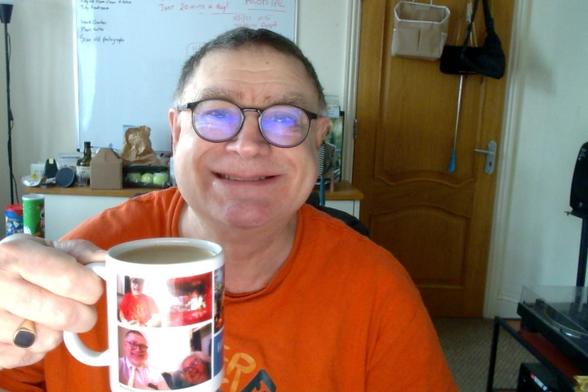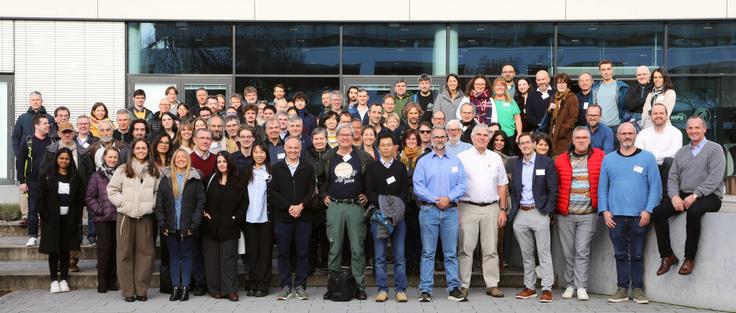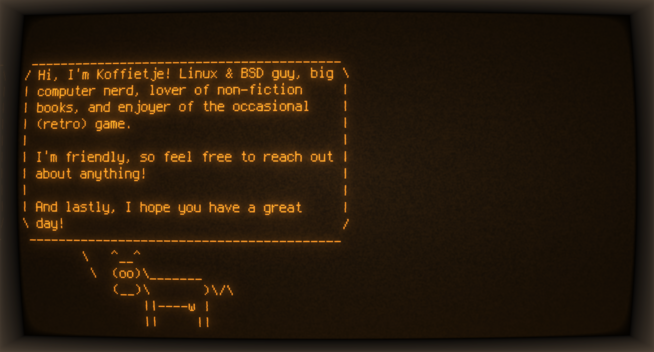Totally normal problems.
So one day I had trouble zipping my winter jacket; around the final teeth, the zipper would stop catching. And when I tried again, I couldn't zip anything at all. Finally, at nth careful attempt it finally worked, and I had no more trouble that day. When I've turned, we looked at it, and decided that a loose thread must have gotten into it while zipping. Cut the thread off.
Next day, the zipper worked just fine in the morning. However, when I was about to leave the train, it suddenly stopped working. It seemed that I'm up for a cold day in unzipped jacket, but it finally caught a few minutes later, on the road. This time, I suspected the zipper. Tightened it, it started working again.
Today, I've tried zipping it three times to make sure it really works. And of course, as soon as I arrived at the destination, it refused to zip. I've tried again while walking, and it fell apart completely. Fortunately, the wind stopped blowing, and walking on snow was hard enough to jumpstart my metabolism fast. Finally, I've replaced the zipper and now everything works.
I wonder what tomorrow holds…











